Ecosystems
-
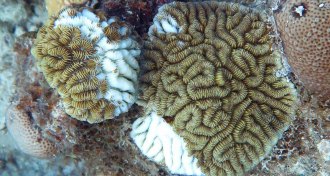 Oceans
OceansA mysterious coral disease is ravaging Caribbean reefs
Scientists are racing to learn what’s behind a disease that’s “annihilating” whole coral species in hopes of stopping it.
-
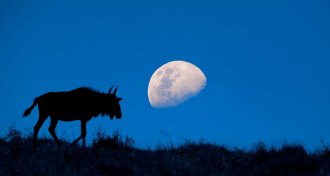 Ecosystems
EcosystemsMoonlight shapes how some animals move, grow and even sing
The moon’s light influences lion prey behavior, dung beetle navigation, fish growth, mass migrations and birdsong.
By Erin Wayman -
 Health & Medicine
Health & MedicineBreaking down the science behind some of your favorite summer activities
Inject some science into your summer.
-
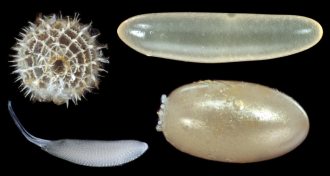 Ecosystems
EcosystemsWhy some insect eggs are spherical while others look like hot dogs
Analyzing a new database of insect eggs’ sizes and shapes suggests that where eggs are laid helps explain some of their diversity of forms.
By Yao-Hua Law -
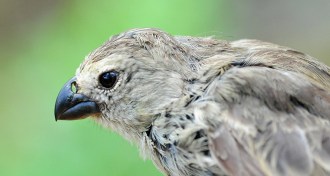 Animals
AnimalsParasites ruin some finches’ songs by chewing through the birds’ beaks
Parasitic fly larvae damage the beaks of Galápagos finches, changing their mating songs and possibly causing females to pick males of a different species.
-
 Oceans
OceansThe world’s fisheries are incredibly intertwined, thanks to baby fish
A computer simulation reveals how one nation's management of its fish spawning grounds could significantly help or hurt another country's catch.
-
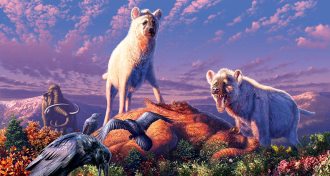 Paleontology
PaleontologyHyenas roamed the Arctic during the last ice age
Two teeth confirm the idea that hyenas crossed the Bering land bridge into North America, a study finds.
-
 Ecosystems
EcosystemsMany of the world’s rivers are flush with dangerous levels of antibiotics
Antibiotic pollution can fuel drug resistance in microbes. A global survey of rivers finds unsafe levels of antibiotics in 16 percent of sites.
-
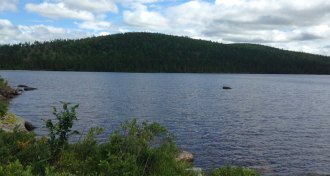 Environment
EnvironmentSome Canadian lakes still store DDT in their mud
Yesterday’s DDT pollution crisis is still today’s problem in some of Canada’s lakes.
-
 Life
LifeSome fungi trade phosphorus with plants like savvy stockbrokers
New views show how fungi shift their stores of phosphorus toward more favorable markets where the nutrient is scarce.
By Susan Milius -
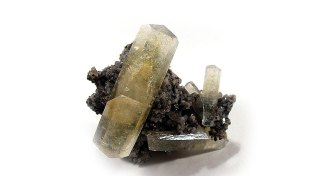 Chemistry
ChemistryCarbon plays a starring role in the new book ‘Symphony in C’
In Symphony in C, geophysicist Robert Hazen explores carbon’s ancient origins, its role in life and its importance in the modern world.
By Sid Perkins -
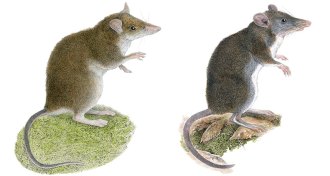 Animals
AnimalsWorms lure two new species of hopping rats out of obscurity
In the Philippines, scientists have identified two new species of shrew-rat, an animal whose limited habitat plays host to remarkable biodiversity.